Secret: NK cells and naCTL cells, who is the sniper of tumor cells?
American biologist George Daley once said: If the 20th century is the era of medical treatment, then the 21st century must be the era of cell therapy. With the rapid development of cell biotechnology in recent years, cell immunotherapy has emerged in the field of cancer treatment and research, and has begun to lead the future development of cancer treatment.
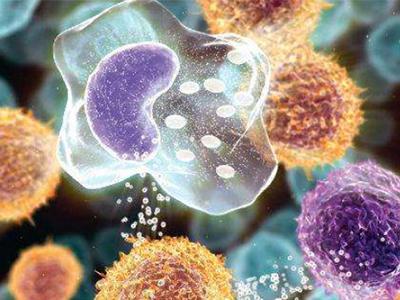
Biological cell immunotherapy can be cultured and expanded in vitro by extracting the immune cells of the human body with killing function, and after returning to the human body after reaching a certain amount, the anti-tumor therapeutic effect can be achieved by increasing the number of killing immune cells. The key to tumor cell immunotherapy is to cultivate what kind of immune cells to return, so the immune cells with natural killing ability in the human body - NK cells and T cells, who is the real "sniper" of the tumor?
Tumor non-specific killer cells - NK cells
NK cells are called natural killer cells (NK). They are a kind of immune cells that exist in the human body. They were discovered in 1976 and are the third largest class of lymphocytes found after T cells and B cells. NK cells are an important part of the body's innate immunity and the first barrier to the body's defense system. NK cells play a variety of roles in the human body, including the elimination of necrotic cells in the body, the removal of invading pathogenic microorganisms, the activation of new good cells, and the regulation of human metabolism.
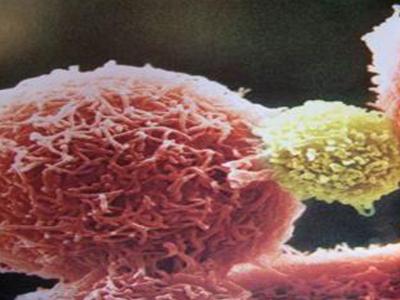
NK cells (yellow) attack tumor cells
Studies have shown that NK cells have a role in clearing tumor cells, but they are not targeted for tumor cell clearance. In other words, when a group of NK cells enters the human body, some remove senescent cells, some remove necrotic cells, and some remove pathogenic microorganisms, so that the number of NKs that remove tumor cells becomes very small, and the removal efficiency is extremely low, which also causes NK. The main reason for the poor efficacy of cells in the treatment of tumors. On the other hand, although NK cells do not require a series of immune responses to directly identify and kill tumors, it is precisely because of the lack of immune response that NK cells can only kill a small number of tumor cells, which are derived from hematopoietic cells. Tumor cells are more sensitive, but not killing all tumor cells.
In view of the fact that NK cells are not specific for killing tumor cells, the enthusiasm of many research institutions for NK cell therapy has been declining year by year, and they have turned to research in the field of T cell therapy. Although a small number of research institutions have developed cell therapy technologies such as CAR-NK and NK-T based on NK cell therapy, these improvements are still in the stage of scientific research and exploration.
Tumor-specific killer cells - CTL cells
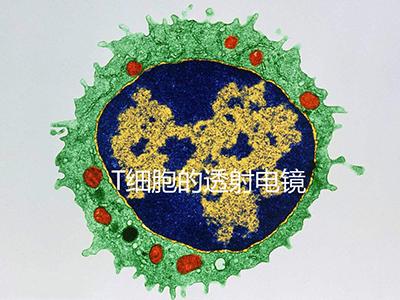
With the deep understanding of the interaction between immunity and tumors in the scientific community, it has been found that T cells are the most important immune cells involved in the process of killing tumor cells. However, human T cells are quite complex, heterogeneous, and constantly renewed in the body, and can have different developmental stages or functions at the same time. According to its characteristics and functions, it can be divided into: helper T cells, inhibitory T cells, effector T cells, delayed allergic T cells, memory T cells and cytotoxic T cells, of which cytotoxic T cells (CTL) It is the most important key cell for killing tumors.
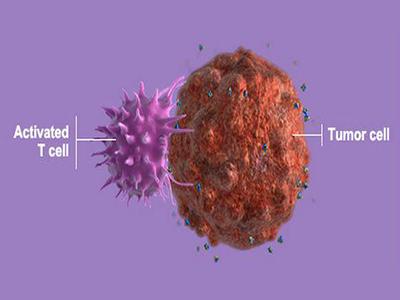
Cytotoxic lymphocytes (CTLs), also known as "killer T cells", are activated by tumor antigen signals and will continue to "catch up" tumor cells in the human body. When it finds a suspicious cell, it quickly checks to see if it has the "bad cell" feature. Once confirmed, CTL cells will stick to the "bad cells" and inject them with cytotoxin (a toxic protein) to kill them, and then continue to search for the next target. Because CTL cells have specific recognition ability for tumor cells and the tumoricidal mechanism is clear, it has become the hottest research hotspot in immune cell therapy.
naCTL cell therapy has the ability to challenge most solid tumors
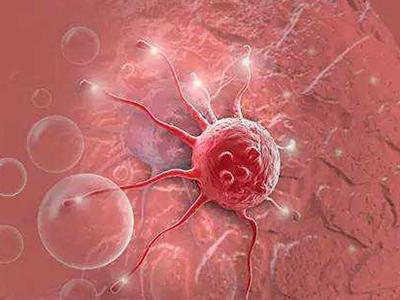
The launch of CAR-T therapy in 2017 made it possible to cure blood tumors, but it has encountered bottlenecks in the treatment of solid tumors. The main reason is that the expression of antigen on solid tumors is more complicated than that of blood tumors. Many antigens are not only found on tumor cells, but also on normal human tissue cells. If these antigens are used as targets, not only will the treatment be inaccurate, but also Causes a strong side effect of treatment. How to find the unique characteristics of tumor cells, and obtain a large number of CTL cells that can specifically recognize these features become the key to the problem.

Thanks to the rapid development of gene sequencing technology, artificial intelligence and big data analysis technology, the screening of tumor-specific antigens has achieved a technological breakthrough. Founded by Harvard University, Baylor University School of Medicine, and Massachusetts Institute of Technology for 30 years, it covers almost all human-known tumor-specific mutant antigen data. By comparing blood samples and database data, combined with MHC-antigen peptide tetramer and cell flow detection technology, it can accurately identify and extract CTL cells activated by cancerous cells--that is, tumor-specific antigen T cells (naCTL cells). . Through the amplification and reinfusion of these CTL cells, the therapeutic effect of rapidly and accurately eliminating tumor cells in patients can be achieved without distinguishing cancerous species.
The approval of CAR-T technology in the US Food and Drug Administration means that the world's most stringent drug regulatory system has clearly recognized the effectiveness of biological cellular immunotherapy. Cellular immunotherapy represented by naCTL demonstrates the safe, efficient, long-lasting and thorough therapeutic advantages that traditional therapeutic techniques do not possess in various malignant tumors, and has gradually become a medical trend and future development direction that is valued and recognized. . Although cellular immunotherapy technology is still subject to policy restrictions in China, with the improvement of technology and the soundness of the regulatory system, China's cellular immunotherapy technology will inevitably enter a new era of rapid development.
Long Arm Wide Type Veterinary Gloves
Wide Type Veterinary Gloves,Veterinary Soft Glove Pe Gloves,Disposible Long Arm Veterinary Gloves,Multi-Effect Veterinary Glove
Jinan Mucho Commercial Inc. , https://www.muchovet.com
